Chores. We all remember them. Some were associated with allowance, others were simply mandatory. For many kids, they were often an intrusion on other more important things we could have been doing. But, chores are important for kids.
As a parent, I’m sure you’ve asked (hopefully without screaming), “Did you take out the trash and clean your room?” In response, you may have received the perfunctory eye roll.
You know what I mean : They’re chores or jobs at home that most of us hated but did out of necessity because we were told to. And our kids pretty much hate them, too.
Reframing Chores As Responsibilities
It turns out chores have an incredibly important role for the developing child or teen. This is best understood, and far more acceptable to children, if they are reframed as responsibilities – as skills that have a great payoff.
Responsibilities can make children and adolescents feel special.
We should think of and present responsibilities to our kids in two major arenas – taking responsibility for the care of others (your social responsibility) and taking responsibility for the care of yourself.
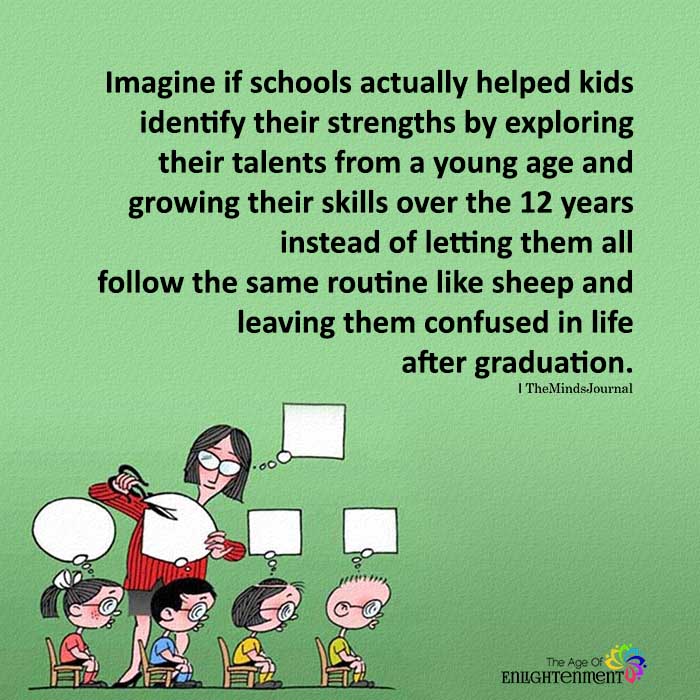
Let’s start with some principles. All children have the desire to be competent, effective, and to master tasks they previously could not accomplish. The acquisition and demonstration of new skills help foster positive self-esteem. When they succeed in mastering more responsibilities, they not only feel that they can do what adults or older siblings do, but earn respect and validation for their competence.
In short, tackling responsibilities helps kids feel that they are growing up. They are fulfilling an intrinsic desire and drive to become independent, autonomous individuals. In addition, they enjoy the pleasure and great satisfaction in taking care of themselves and others.
Read 13 Positive Phrases To Calm Your Child
What Parents Can Do To Teach Social Responsibilities To Children
It’s important for parents to reframe “chores” or “jobs” as responsibilities and to talk with kids about these as skills they can learn, perfect, and use in everyday life.
Our brains are wired to give. Acts of giving to others release neurochemicals that are far more powerful and rewarding than receiving gifts.
Here are some examples of ways to help kids learn social responsibilities.
Pre-school Kids
Pre-school kids are just learning the basics of taking care of themselves, such as dressing themselves, feeding themselves, going to the bathroom on their own, or putting themselves to sleep. They are not capable of complex responsibilities, so parents need to keep chores simple. Responsibilities for preschoolers can include:
- Feed the dog or cat or fill up their water bowl.
- Help set the table.
- Assist in cleaning up after dinner – even carrying their plates to mom or dad to put in the dishwasher.
- Help feed a younger toddler or give them a toy in the high chair if they are getting fussy.
When preschoolers handle these household responsibilities, they really appreciate the praise parents and older siblings bestow upon them.
Additionally, there are things they can do on special occasions, such as making decorations for Mothers’ Day or putting the candles in a family member’s birthday cake. They may also help clean up the house before guests are coming.
Read 8 Ways To Slow Down and Connect With Your Children At Home
School-age Kids
There are many more chores school-age kids can do to build positive self-esteem. Responsibilities for this group can include:
- Setting the table.
- Clearing the dishes after a family meal.
- Taking out the garbage or putting recyclables in bins.
- Helping to cook meals.
- Taking the dog for a walk.
- Picking up the newspaper.
- Finding a good family movie to watch for an evening activity.
Again, doing things for others alone makes kids feel special. Sure, they would prefer to watch TV or play a video game. There will naturally be pushback from time to time. But if the culture of the household is one that lavishes praise, validation, admiration, and gratitude, they will feel more motivated to pitch in and contribute.
Some parents may balk at giving praise over and over for what a child should be expected to do. This is a valid point. However, the amount of love, approval, and praise for contributions will never be endless. There will come a time that the ongoing responsibilities the child assumes on a routine basis become a foundation for their identity as mature and responsible individuals.
Teenagers
Teens have many more capabilities than younger kids. They can:
- Babysit.
- Cook meals on their own.
- Pick siblings up from school and activities or run errands for parents.
- Shop for the household.
They, like their younger siblings, will build positive self-esteem the more they can do and the more they are trusted. And, they, too, will push back on many responsibilities – they also know that they have their own personal lives with their friends; it’s much more fun to hang out with them than babysit or make dinner.
Yet parents can reward them with increased freedom. In my own clinical work, often to the eye rolls of teenagers, I say that there was a philosopher named John Stuart Mill who said (eye roll begins), “Increased responsibility brings increased freedom.” In other words, if you do what you are supposed to do, such as household chores, going to school, and working hard, you should get more freedom. These rewards can include a later curfew, more money to spend on things you want, and fewer restrictions on bedtime or screen time.
Read How To Help Rekindle The Passion and Joy Of Learning In Children
One final comment: Kids feel special when they are given a unique age-appropriate chores as responsibility for a special occasion, such as a birthday, wedding, or holiday. And at times of great sadness, such as the loss of a pet, or serious illness in the family, they will feel special by helping in a time of hardship.
What Parents Can Do To Promote Kids Helping Themselves: Allowing Time For Social-Emotional Learning
There is a critical balance between giving a child chores as responsibilities at home, in school, and in the community, and allowing them time to be a kid.
Children do feel special when they assume responsibilities. However, they also require time to play, learn social skills, pursue hobbies and interests on their own, and enjoy themselves when they are alone.
It turns out that giving them the time to just be a kid, is, in fact, giving them enormous responsibility in learning the skills required of healthy, resilient adults.
Of course, playing, socially interacting, and engaging in hobbies will vary from child to child and from one developmental level to another. But kids of all ages need time to develop knowledge, attitudes, and skills that go beyond responsibilities at home, in school, and in the community.
Being able to play, interact with others, and follow one’s passions fosters the development of personal identity and the belief that they can be competent individuals with their own unique attributes. The capability of learning who I am, what I like to do, and how I like to do it requires interacting with peers in a variety of settings and achieving personal goals – in the arts, sports, writing, playing video games. In short, this process helps them learn to be responsible for themselves socially, emotionally, and recreationally.
Read When the Going Gets Tough: How You Can Help Children Build Resilience
Social-emotional learning is key for helping them become responsible moral agents in society. Time alone and with peers is critical for learning the skills of leadership, inclusion, acceptance of others, self-awareness, conflict resolution, and taking responsibility for their actions, including making apologies when they make mistakes, break a rule, or hurt someone’s feelings.
Enjoying themselves when alone and using that time to relax or to learn new skills, such as practicing an instrument, writing, or absorbing a good book are skills that are learned and not innate.
It’s a marathon, not a sprint.
All of this sounds good, but you know that putting these suggestions into action will not be easy. When kids hear us say, “I know you may not like or understand this, but it’s really going to help you in the long run,” once again, we get the eye roll.
But though there will inevitably be resistance if not outright opposition, it’s the right thing to do, and an effort worth starting when kids are very young.
What say?
This article originally appeared on and was written by the author (Dr. Gene Beresin) for the Clay Center for Young Healthy Minds. Republished with permission.
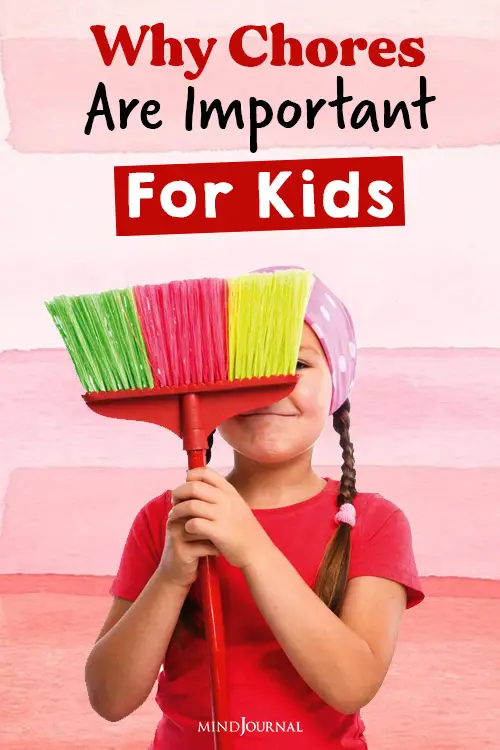
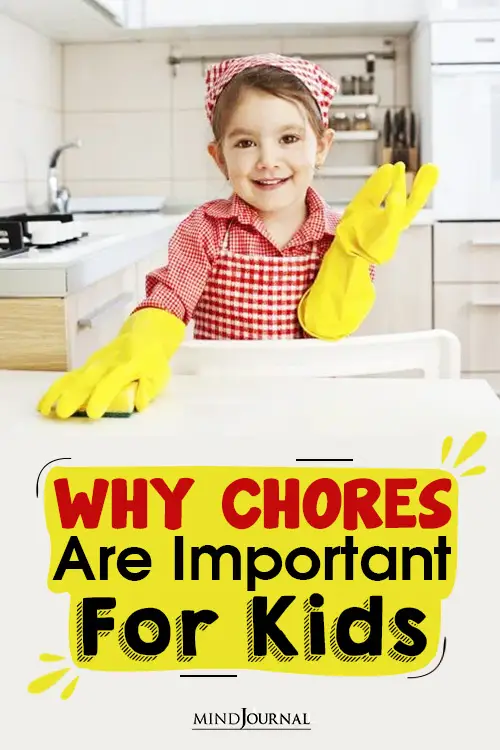
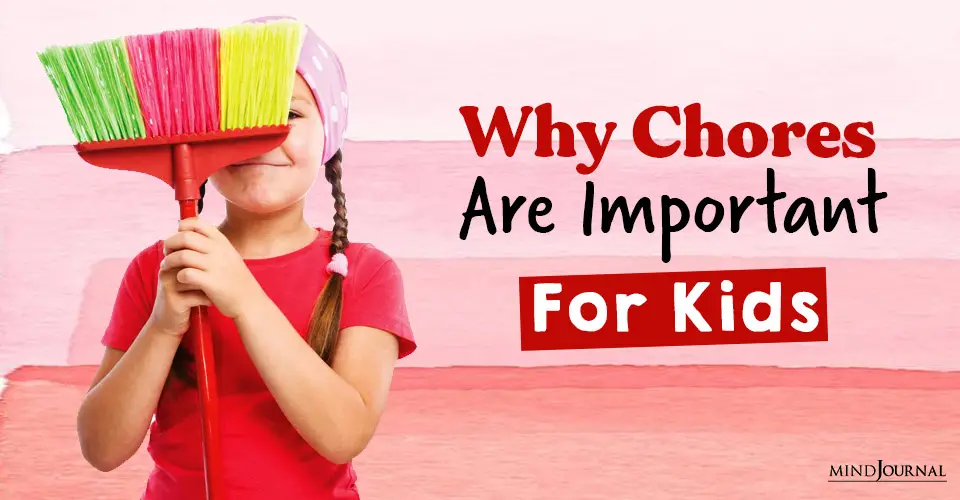




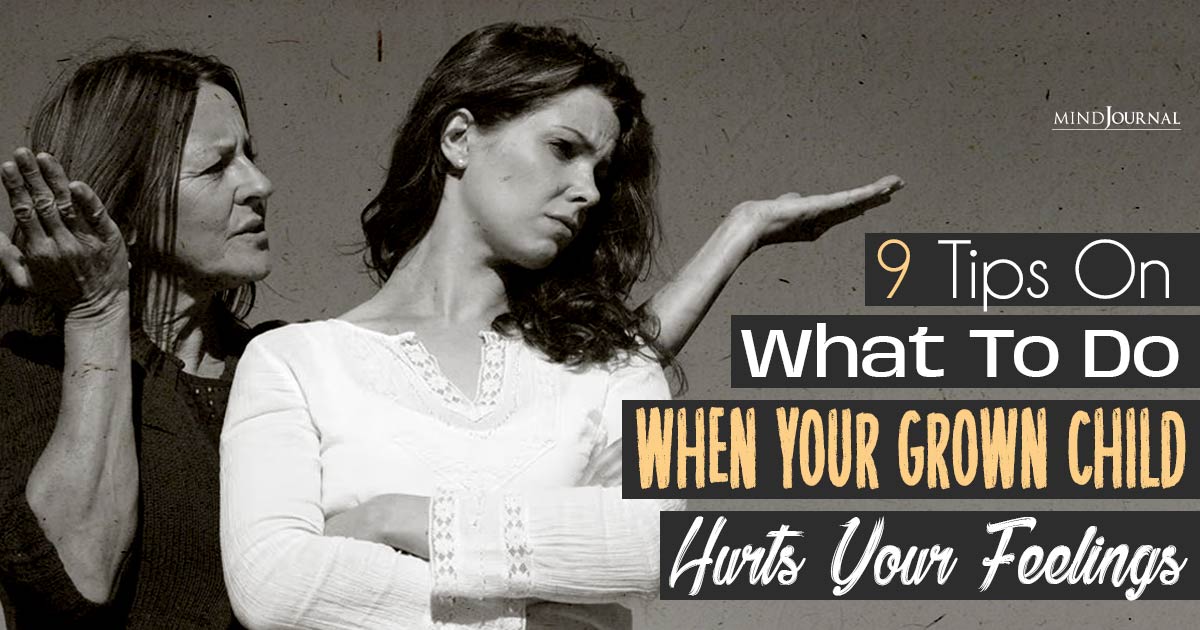
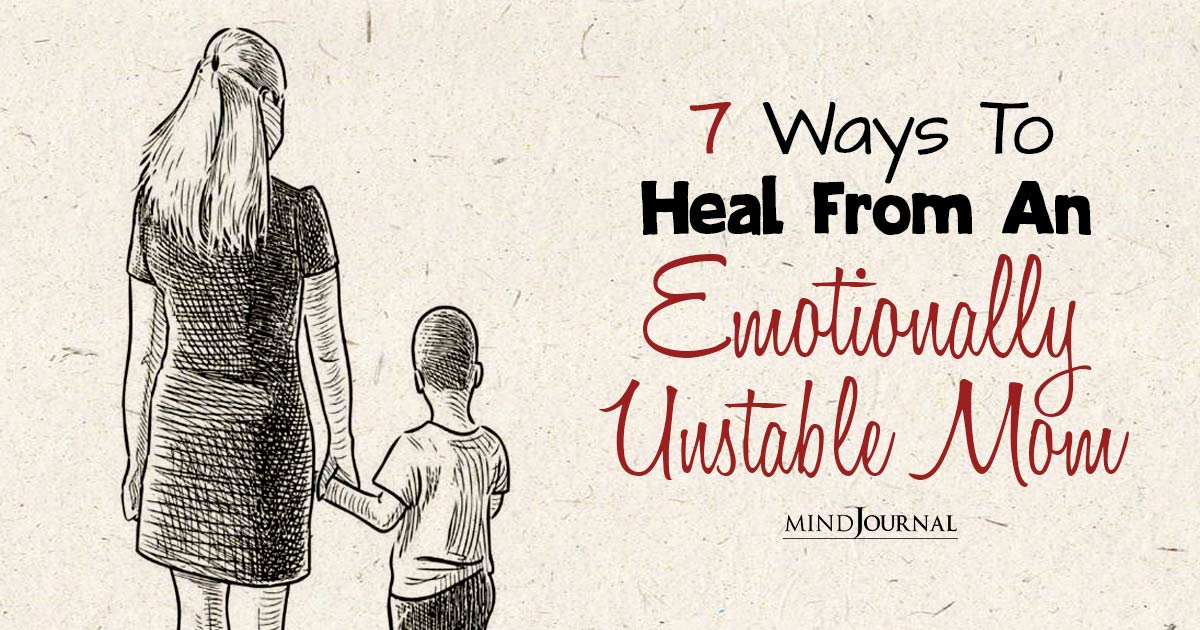

Leave a Reply
You must be logged in to post a comment.